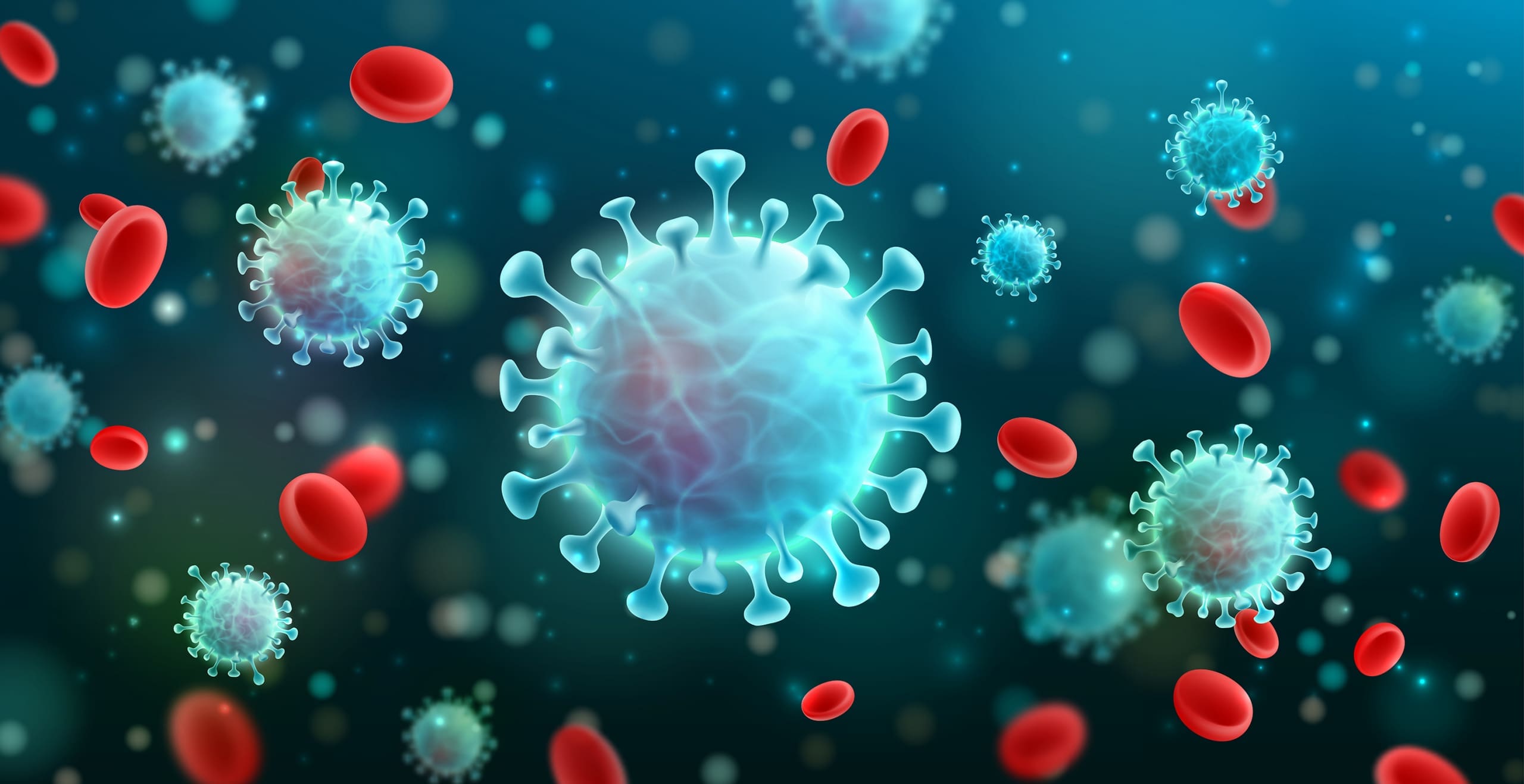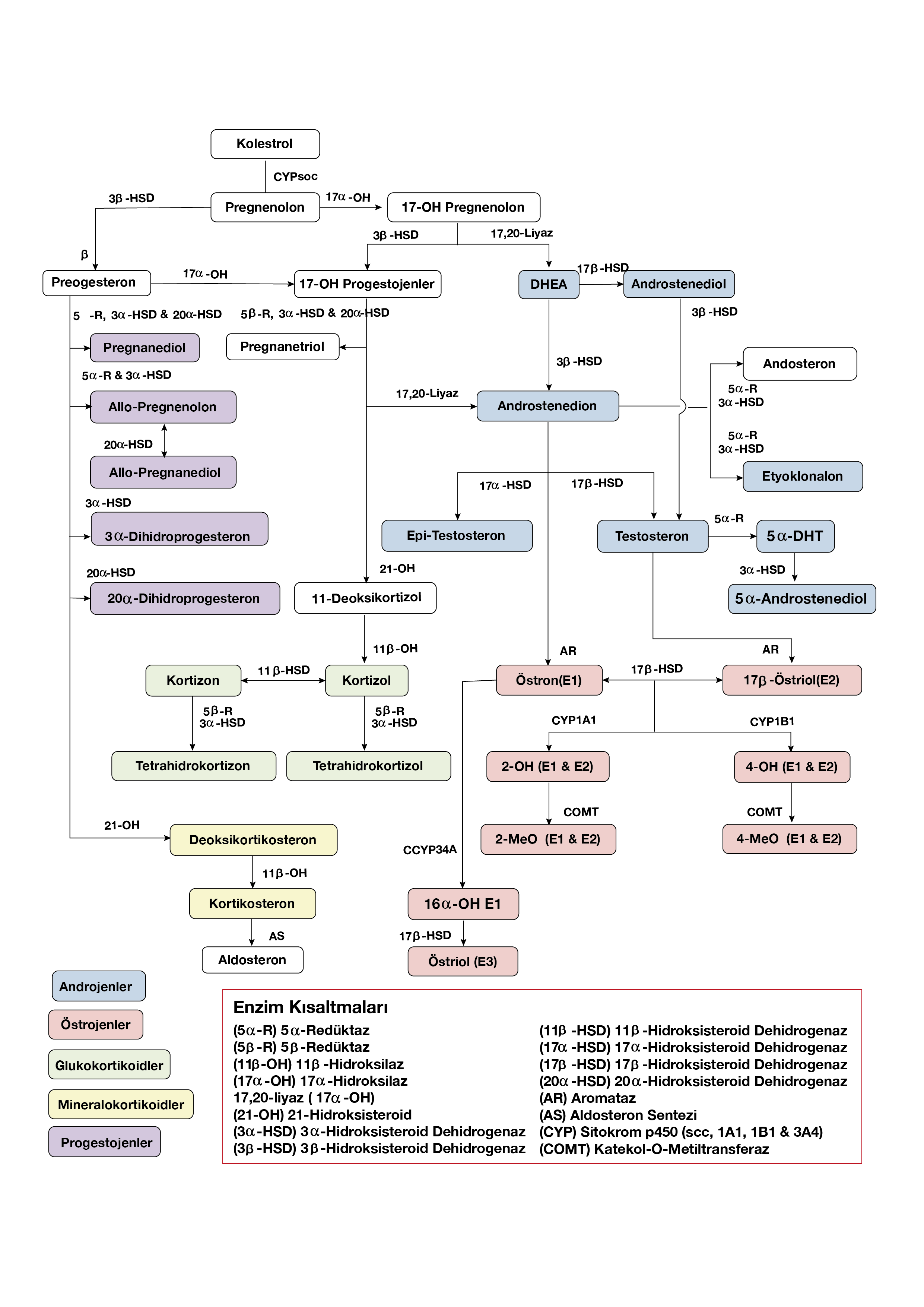COVID-19 Numerical (Quantitative) IgG Antibody Test
COVID-19 Numerical (Quantitative) IgG Antibody Test
What is an Antibody?
- Antibodies are proteins that help the immune system identify and eliminate threats.
- After illness or vaccination, our body produces antibodies to protect against infections.
What are the differences between PCR and Antibody tests?
- The antibody test enables the body to detect the natural immune response against the COVID-19 virus and the immunity level that will arise from the vaccine.
- The PCR test is a molecular diagnostic test that shows the RNA (genetic material) of the virus. A positive PCR result means that the virus is present at the time the sample is taken.
Which Antibody is looked over for in COVID-19 immunity?
- Numerical measurement of the IgG immune antibody against the spike protein of the virus is more valuable in evaluating the immune response of the person.
- The vaccines used aim to create an antibody response against the spike protein.
When should a COVID-19 Quantitative IgG Antibody test be performed?
- The onset of antibodies is usually detectable 15 days after the onset of the disease.
- To evaluate the post-vaccine immune response, the dose must use 21 days after the vaccination.
Does the COVID-19 Quantitative IgG Antibody test reliable?
- IgG antibodies are determined numerically by the chemiluminescent microparticle immunoassay CMIA method, which is a reliable method.
- The tests performed with this method have a high clinical specificity of 99.60% and a sensitivity of 99.94%.
How Does the COVID-19 Numerical IgG Antibody test done?
- The antibody test is performed from a blood sample.
When Does the result of the COVID-19 Numerical IgG Antibody test be available?
- The antibody test results within 24 hours.
How are the results interpreted?
- Negative for Anti SARS CoV 2 IgG Antibody < 50 AU/mL
It is interpreted as positive for Anti SARS CoV 2 IgG Antibody ≥ 50 AU/mL. - The antibody test shows whether or to what level our immune system responds to the vaccine or virus.
- The presence of IgG antibodies in unvaccinated people means that the person has recovered from the disease and possibly has developed immunity.
Why is COVID-19 Numerical IgG Antibody testing important?
- It may have use to determine the immune response against the COVID-19 vaccine.
- Immunity levels of people who have been infected can be evaluated.
- People who have immunity can contribute to the treatment by donating plasma for severe patients in need of antibodies.
Can not IgG antibody occur after vaccination or illness?
- Antibody responses measured by methods other than rapid tests have a high detection rate if sufficient antibodies are formed.
- The reason why the result is negative is related to the immune response of the person and antibody response may not occur. It may occur and fall in a short time / may not occur at a sufficient level.
Does getting an infection to protect a person from a new disease?
- It is not scientifically clear yet whether antibodies against the COVID-19 virus can protect us from a new infection.
- No antibody level measured after vaccination or after infection can not tell us exactly that how much protection we have against COVID-19.

















